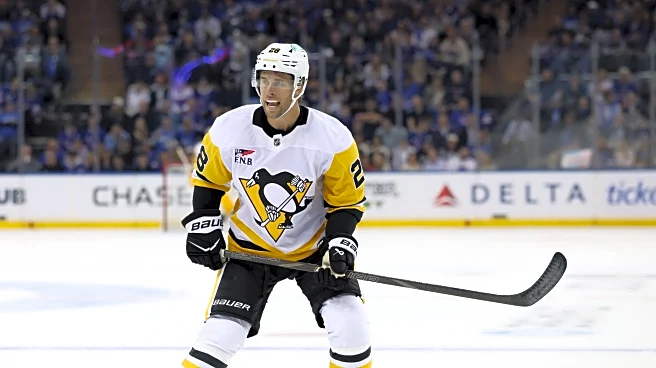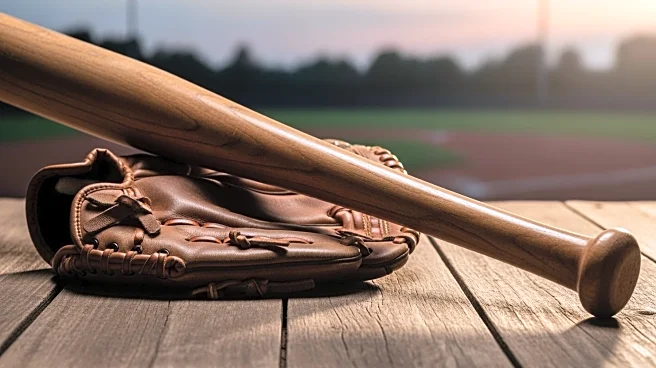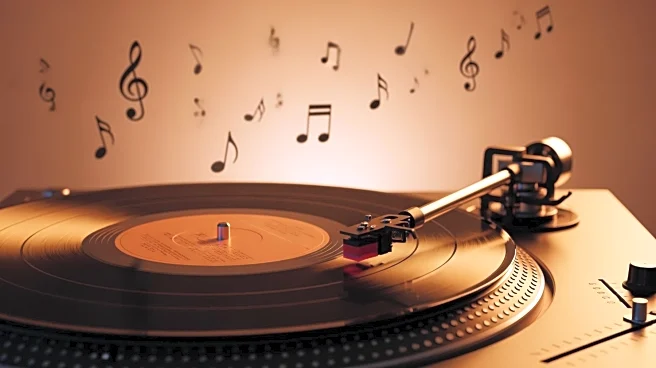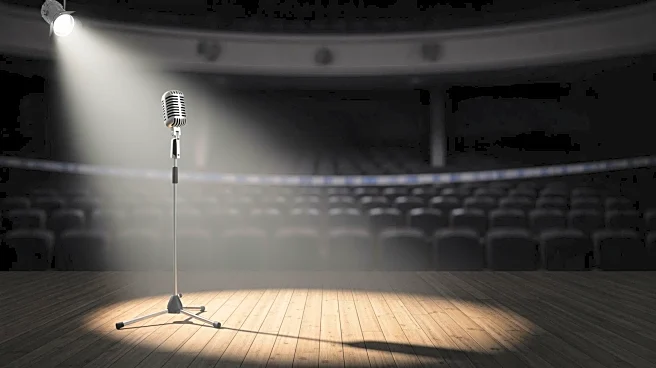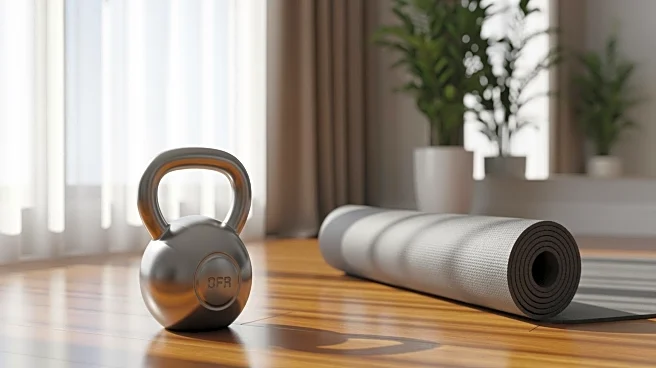It always seems to be a controversial take among hockey fans, but I love the puck over the glass rule. In my opinion, it is one of the best rules in the sport. There is very little gray area with it. It is the one penalty
where there is rarely anything to argue about. You can not be mad about it. Everybody knows the rule. Everybody knows the consequence.
It is also in place to try and force players to make a play with the puck. It is designed to encourage a player to do something with it other than just flip it over the glass to get a whistle. Ideally it is in place to encourage them to not even take the chance.
Make a play. Find a teammate. Skate it out of danger. Make a pass. Keep possession. Do something.
I love it. I love the mindset. I love the punishment. I love that it exists. It is not that hard to avoid it.
That is why when Pittsburgh Penguins defenseman Parker Wotherspoon was called for a delay of game penalty with just over a minute to play in regulation on Tuesday night, I did not really feel any sort of emotion. It was just … what should have happened.
It was an instance where he had time, he had space, and he had an opportunity to do something with the puck. Anything other than what he did. But instead of trying to make a play, he just tried to flip it off the glass and get it out of danger when there really wasn’t any danger to contend with. It was not even a case of the puck rolling on him. He just airmailed it. It was a deserved punishment.
Then the Ducks scored the game-winning goal on the power play just off the ensuing faceoff.
Again. A justified result.
I say all of this not just because Wotherspoon’s penalty reminded me of my thoughts on that rule. I say it because it also was a nice reminder that this team, no matter how much talent remains on the roster, and no matter how well they play at times, is going to find ways to lose hockey games.
Probably a lot of them.
They will probably be maddening ways.
Even if Dan Muse implements a good structure. Even if the future Hall of Famers and remaining All-Star level players produce and perform. Even if some young players take big steps forward and show they belong in the NHL. There are just still way too many players on this roster that are not good enough. That especially applies to the defense, and more specifically the left side of the defense where there is not a single player that should really be playing regular shifts for an NHL team. At least not an NHL team with sights on contending this season.
As long as that is the makeup of your roster, games like this are going to happen.
And it’s not even that the Penguins played especially bad on Tuesday. At least not during 5-on-5 play. The penalty kill was obviously a mess, and has been for two games now. But they had a 17-6 advantage in high-danger chances during 5-on-5 play and a 63 percent expected goals advantage.
In a lot of ways it was very similar to the way a lot of Penguins games have done over the past few years.
Strong underlying numbers. A lot of good chances. Not many chances against. But not enough of the Penguins chances ending up in the net, and too many of the chances against them finding their way in. It’s what happens when you have bad goaltending, defensemen that are prone to the big mistake, and not enough high-level finishers on the lower part of the lineup.
It’s going to happen, and it’s going to keep happening. Those are the mistakes sub-par players consistently make.
There might be nights where the goalies stand on their head for 60 minutes, or where the Penguins play a strong overall game and get a win like they did in the season-opener, but those will likely be few and far between.
This is a rebuilding team. This is what rebuilding teams do. This is why I keep saying I’m not worried about them being “too good” and not worried about there still being good players here. This team will organically be bad enough without having to totally gut it and tank.
